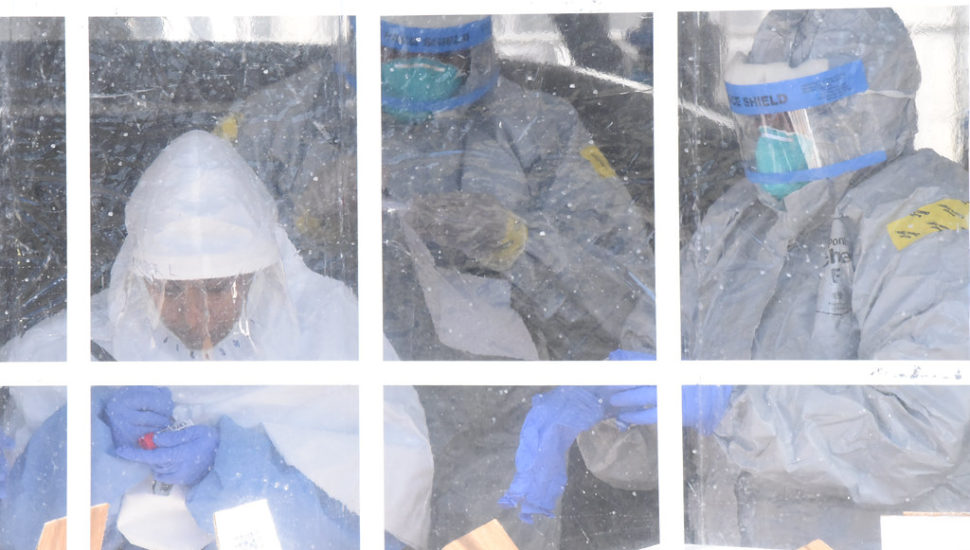AccuWeather: Higher Temperatures Affect Survival of Coronavirus, Pathologist Says

By AccuWeather
Research from a laboratory-grown copy of the coronavirus (SARS-CoV-2) that causes the COVID-19 illness shows that heat affects the virus and impacts its behavior. But other infectious disease experts aren’t yet convinced.
“In cold environments, there is longer virus survival than warm ones,” Hong Kong University pathology professor John Nicholls told AccuWeather.
Nicholls and colleagues from a team at Sun Yat-sen University in Guangzhou, China, previously produced a study, which was published in February and has yet to be peer-reviewed, noting the effect of heat. Their research is based on one of the world’s first lab-grown copies of SARS-CoV-2.
On March 11, the World Health Organization officially declared the coronavirus outbreak a global pandemic. This is the first pandemic in 11 years, according to the Centers for Disease Control and Prevention (CDC).
One recent research paper supported this assertion by pointing out the proximity of the major hotspots. The authors of the study, which was published last week, wrote that COVID-19 “has established significant community spread in cities and regions only along a narrow east-west distribution roughly along the 30-50 North latitude corridor at consistently similar weather patterns.”
“Notably, during the same time, COVID-19 failed to spread significantly to countries immediately south of China,” the paper notes. “The number of patients and reported deaths in Southeast Asia is much less when compared to more temperate regions noted … The association between temperature in the cities affected with COVID-19 deserves special attention.”
Some have suggested the possibility that weather factors might affect the virus – particularly the intensity and amount of hours of sunshine, as well as heat and humidity.
“Obviously, the virus is something we’ve never dealt with before, but if we look at other viruses … they all had their peak during the cold season,” said AccuWeather Founder and CEO Dr. Joel N. Myers. “The statistics all show that they breed and survive longer when it’s cold and dry. So, when it’s warmer and more humid and there’s a lot of sunshine, the statistics on all of the others show a virus is less lethal, it spreads less efficiently and less effectively among humans.”
__________
Top photo credit: New York National Guard 200315-Z-AO733-0737 via photopin (license)
[uam_ad id=”80503″]
.
[uam_ad id=”80502″]
Connect With Your Community
Subscribe to stay informed!
"*" indicates required fields
























![95000-1023_ACJ_BannerAd[1]](https://vista.today/wp-content/uploads/2023/03/95000-1023_ACJ_BannerAd1.jpg)
























